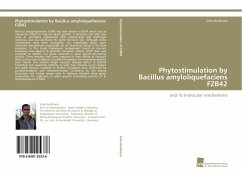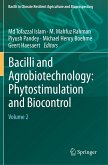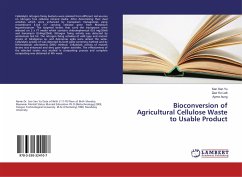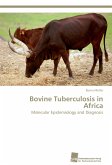Bacillus amyloliqufaciens FZB42 has been known as PGPR which has an impressive effect to improve plant growth. It produces not only vast array of secondary metabolites with antibacterial and antifungal activities, but also produces the plant hormone IAA. Although many mechanisms have been elucidated, our knowledge about basic molecular mechanisms responsible for its beneficial action is far from complete. In this study, transposon mutagenesis based on mariner tranposon was applied to generate tranposon library which then was screened to identify the genes involved in plant growth-promoting activity. Three mutants that were impaired in their ability to colonize plant surface due to defects in biofilm formation and swarming motility were found. One mutant (degU mutant) showed defect in biofilm formation and swarming motility, as well, two mutants (yusV mutant and pabB mutant) impaired in biofilm formation were confirmed by complementation and retransformation. Screening by the Lemna biosystem and further assays with A. thaliana revealed three genes responsible for reduction in plant growth promoting activity of B. amyloliqufaciens FZB42.
Bitte wählen Sie Ihr Anliegen aus.
Rechnungen
Retourenschein anfordern
Bestellstatus
Storno








